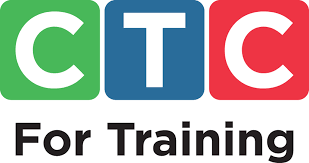Types of Epilepsy and their effect on behaviour

Course overview:
Types of Epilepsy and their effect on behaviour
Managing epilepsy
Treatment options
Theory and practical administration of Buccal Medication
At Coventry Training Consortium we are passionate about you having the opportunity to receive training in a way that suits you and meets your individual learning styles.
Our fully qualified staff have a vast amount of experience and deliver face to face training in a wide range of subjects, with tutor support throughout. We recognise that e-learning does not suit everyone - here at CTC we give space and time for you to ask questions, explore the subject and interact with other delegates; sharing ideas and experiences to help consolidate learning.
We provide you with the skills, tools and knowledge to be able to work effectively, professionally and in a person-centred way. We also work in partnership with other professionals, to deliver specialist courses including epilepsy and dysphagia. Visit ‘our courses’ for details on all the training we provide.
Our training centre has been awarded a Quality Endorsement License (QEL) from Aim qualifications and Assessment Group (previously Open College Network West Midlands) - this means we are an approved training centre.
Our Health and safety and Food safety courses are accredited by The Royal Society for Public Health (RSPH). Our First Aid and Basic Life Support courses are accredited by Work Safe.
Don’t work in social care? We can also offer training in Health and Safety, Food Safety, First Aid and Moving & Handling. Contact us to discuss whether we can also deliver in-house, or bespoke training to meet your requirements.
© 2025 coursetakers.com All Rights Reserved. Terms and Conditions of use | Privacy Policy